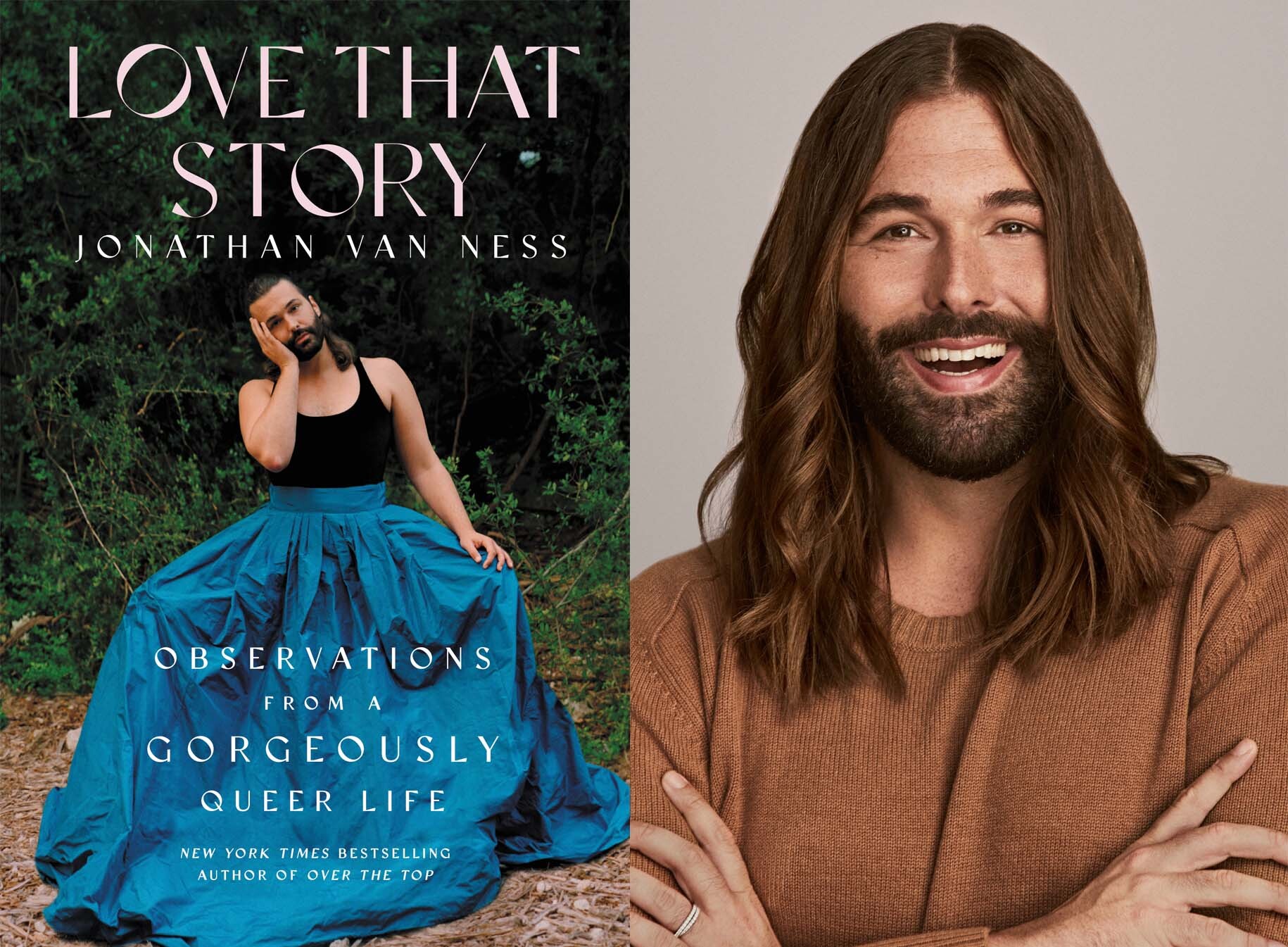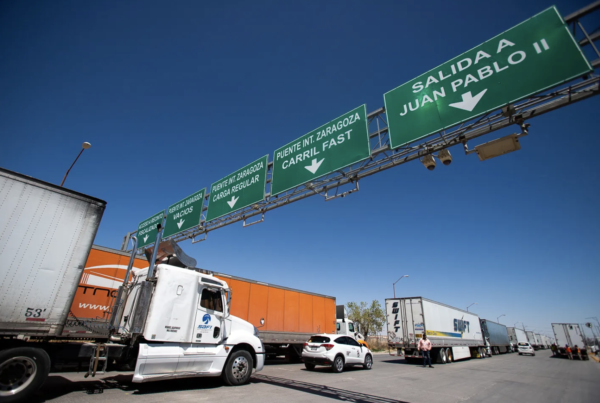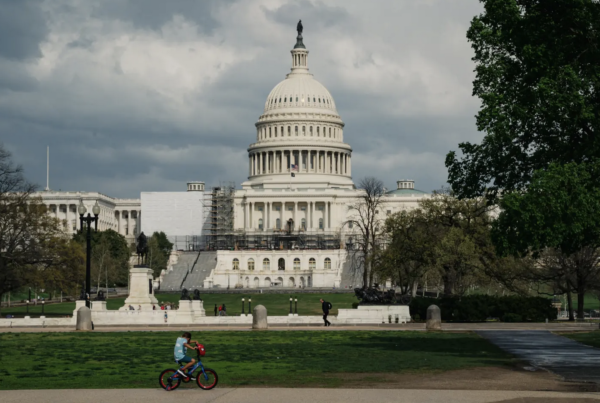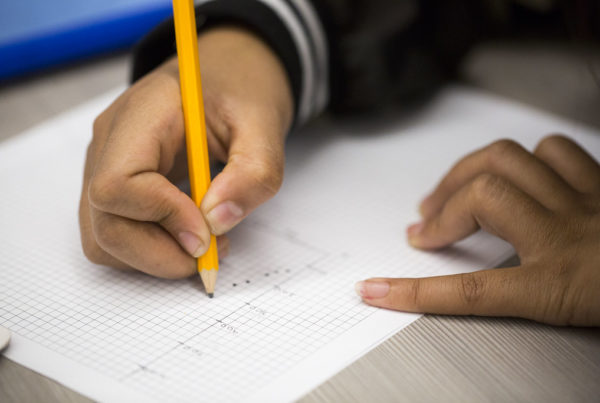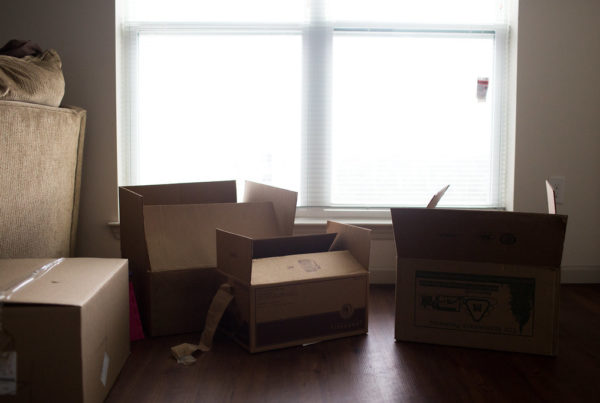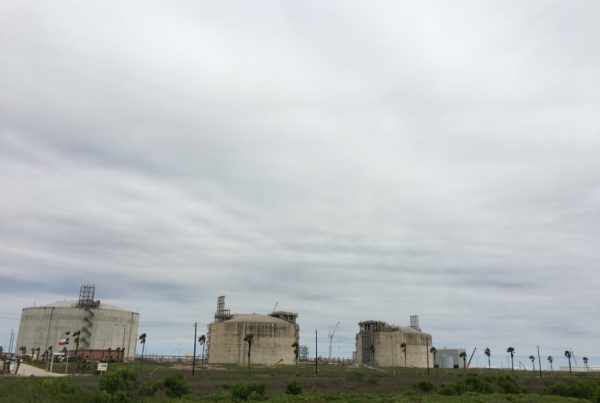Hairdresser, TV star, podcast host, comedian, best-selling author, gymnastics and ice skating enthusiast are just some things that describe Jonathan Van Ness.
And now with his new book of personal essays, “Love That Story: Observations From a Gorgeously Queer Life,” Van Ness takes on another role: cheerleader. He shares his own life experiences to encourage others to embrace their own complicated lives, and discover the beauty in them, no matter how messy they might appear to others.
Van Ness spoke with Texas Standard about the book, relocating to Austin, transphobia, queer history in small-town America and more. Listen to the longer, web-exclusive interview with Van Ness in the audio player above, or read the transcript of the radio interview below.
This interview has been edited lightly for clarity.
Texas Standard: I suppose I should start by welcoming you to Texas. You moved here right after the height of the pandemic, is that right?
Jonathan Van Ness: I did. my now-husband and I, we actually got married in Texas. We moved to the Austin area to shoot Season Six of “Queer Eye” in March of 2020, which was obviously a very short-lived production period because everything shut down. And then we just fell in love with the area. We rented a house, which then turned into buying a house, and we just absolutely love it. And in Austin I actually wrote all of this book, “Love That Story” – well, actually, most of it, except for the first two chapters – while living in Austin.
When you decided to move to Texas, did you have friends who wondered why, especially with all that’s going on with recent state policies? Many in the trans community say they feel targeted. What would you tell them?
I think it’s important how we even phrase that because it’s not that the trans community is feeling targeted; it’s the trans community is being targeted. And that’s very clear, it’s been made very clear by the governor and by the attorney general of the state of Texas that that is exactly what’s happening.
And what I would say is that I want to be a part of the change. I want to be a voice of love and compassion and also healing, because ultimately so much of the transphobia that is driving these bills and these sentiments come from a place of fear disguised as protection. Because this isn’t about protecting kids; our families and parents are perfectly capable of protecting their kids.
And the other thing that I think, bringing it back to “Love That Story,” that I would say is that there is an incredible essay in here called “TERF Wars,” which stands for a trans-exclusionary radical feminism. And there is a lot of the transphobic ideas that are so casually tossed around nowadays, and so much of the misinformation and confusion around transgender people, transgender youth or families who have a transgender person within them. I describe in detail a lot of where the history of that vitriol comes from in this essay, “TERF Wars.”
So it’s a really powerful essay that I hope people read because it’s important for us to understand that any time, especially people in power, are trying to scapegoat a very small section of society as the root of evil or the root of the degradation of society as a whole, that should send up our alarm bells because that’s been happening for hundreds of years to different marginalized communities. And at some point, as humans, we need to stop this cycle of destruction and stop the cycle of abuse and learn to really love one another.
You’re raising some really serious and important issues, and yet, at the same time your humor comes through in both of your books –it just sort of leaps off the page. Where does that humor come from?
I think that a lot of people who are trauma survivors, myself included, we learned very early that if you couldn’t use humor and comedy to make light at some of the situations that we find ourselves in, you just would never be able to get out of bed in the morning. I like to joke that I would never have stopped eating Pop-Tarts in my mother’s basement if it weren’t for comedy. Comedy, I think, is something that can really help us to find a commonality between each other, find a sense of self between each other, learn to be more empathetic, learn to be more curious.
I think that comedy is such a useful tool that we don’t often utilize enough. So even though there is topics in this book that are, they can be difficult, I’m always approaching them with curiosity and comedy and levity and trying to find the humanness in all of these subjects.
So you maybe will learn something, unfortunately – I’m just kidding! Fortunately – but you will definitely have fun while doing it.
You’re originally from Quincy, Illinois.
I am. And there’s a really fun essay in there about my hometown’s queer history. I think for so many LGBTQ people, especially in rural places – and there’s a lot of gorgeous rural places in Texas – we often feel like we’re the first person or the only person in our community that’s ever existed. So I wanted to take an opportunity to kind of research the queer history of my hometown and pay homage to some of the people who were actually pioneering and making my life easier when I was coming up. And I never even knew some of those heroes. So that was a really fun essay to get to research and write about.
What were you surprised to learn as you talked with folks from your hometown?
I think one of the things that really surprised me was how genius everyone was in the beginning of the HIV-AIDS epidemic, which, that subject kind of comes up again in that chapter because there really wasn’t a roadmap for anyone to deal with the pandemic on that scale, especially in smaller places that were very much coming into contact with HIV but didn’t know how to deal with it.
And so one of the people who I talk about in that chapter was the local bar owner and businessperson, and he actually turned one of the dressing rooms of his local gay bar, which was called Irene’s Cabaret – such a classic – but he turned one of the dressing rooms in there into kind of an impromptu HIV-testing space. And I also like the the stories of queer events and queer meetings and goings on [going] back to the 1800s in my hometown, which was really eye-opening to me.
You talk in the book about the HIV “safety net.” I’m thinking that there are a lot of listeners here in Texas who may wonder, what would you say to a Texan who’s dealing with an HIV diagnosis?
I would say to someone who’s living in Texas who has an HIV infection, is newly diagnosed or is scared to get tested, there are places and organizations everywhere who will help you get resources. So wherever you are, you can get help. It is there for you, so don’t despair, don’t give up. You are a beautiful person who deserves care, who deserves treatment, and you have a very long, prosperous life in front of you. So give yourself a hug.
Sometimes you have to take a beat, and then we’re going to look at the resources when you can find those. You can start with just Googling “HIV safety net” and your area code. You can look up Texas HIV resources and you will find people that are there to help you.
Did you set out to make this a book that would encourage people to “give themselves a hug”?
Yes. That’s part of what the title means is I want to give people the tools so that they can love their story. People always ask me, “How are you so confident? How are you so positive?” And I don’t exactly know, but I think that part of how I am is the way that I see the world, and this book is the way that I see the world. So if I can learn to love my story, other people can too, and I hope that’s what they take from this book.


